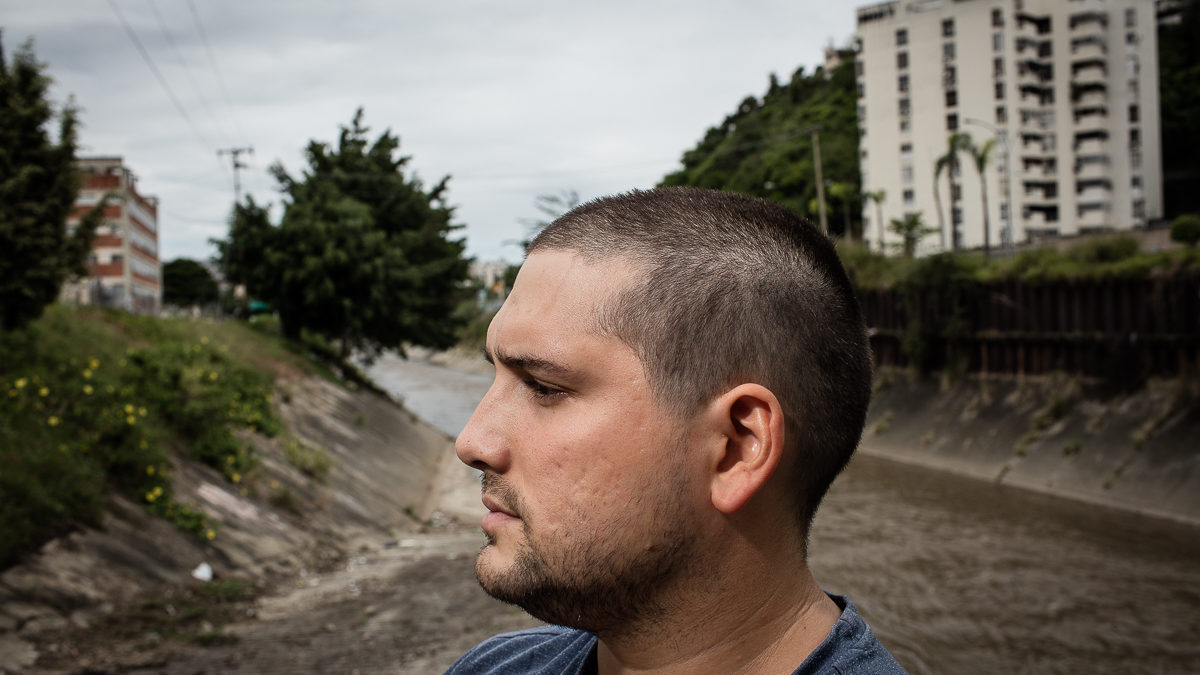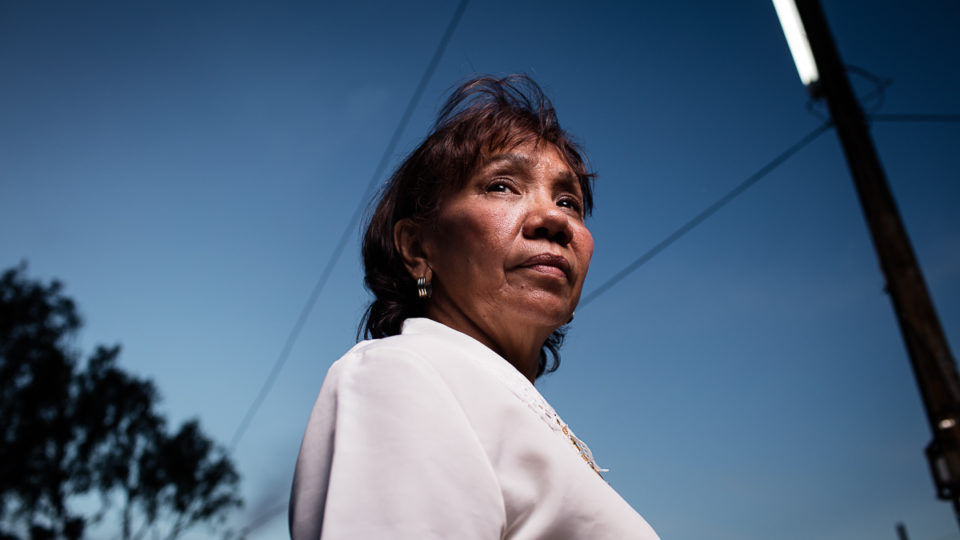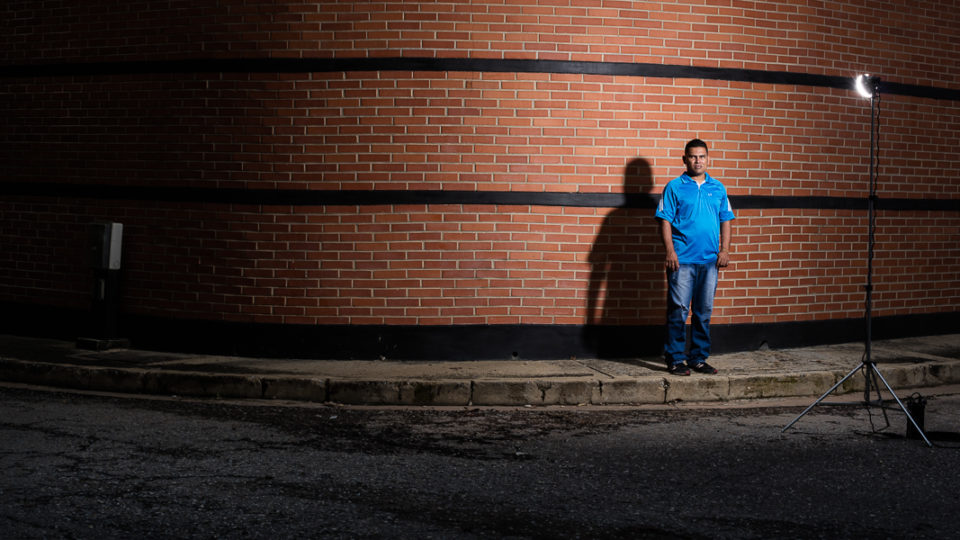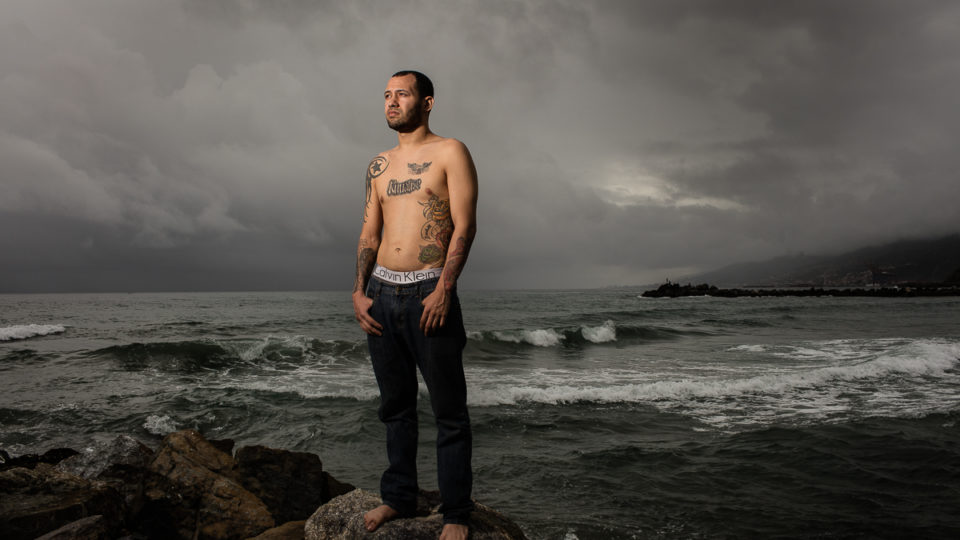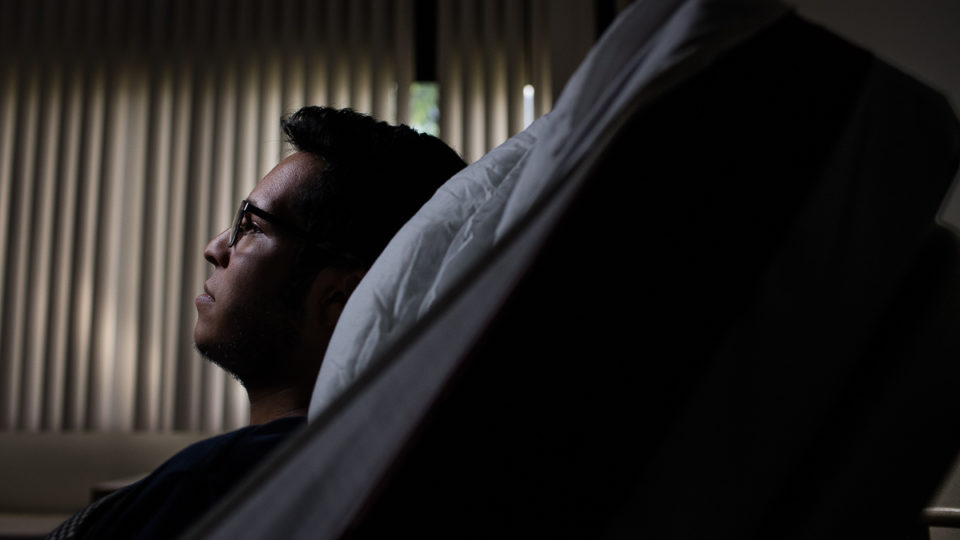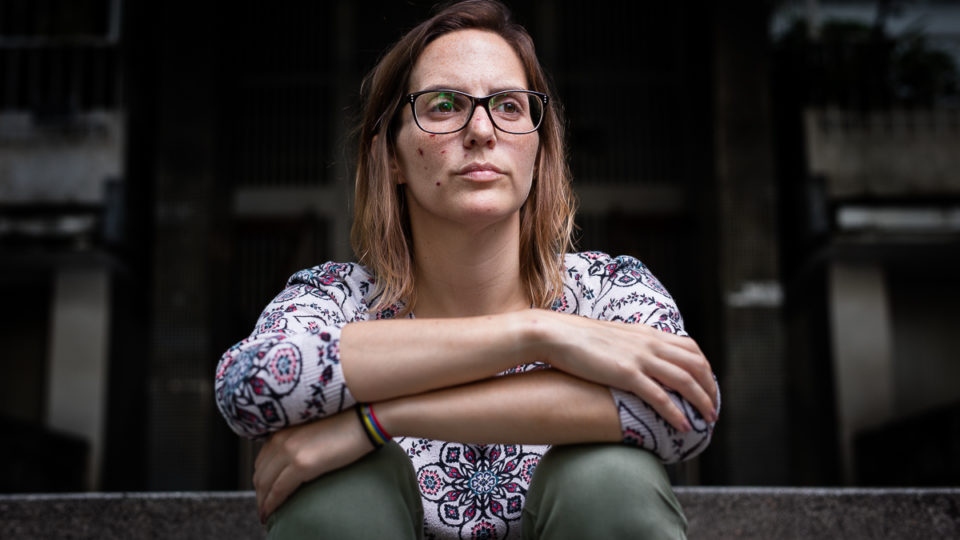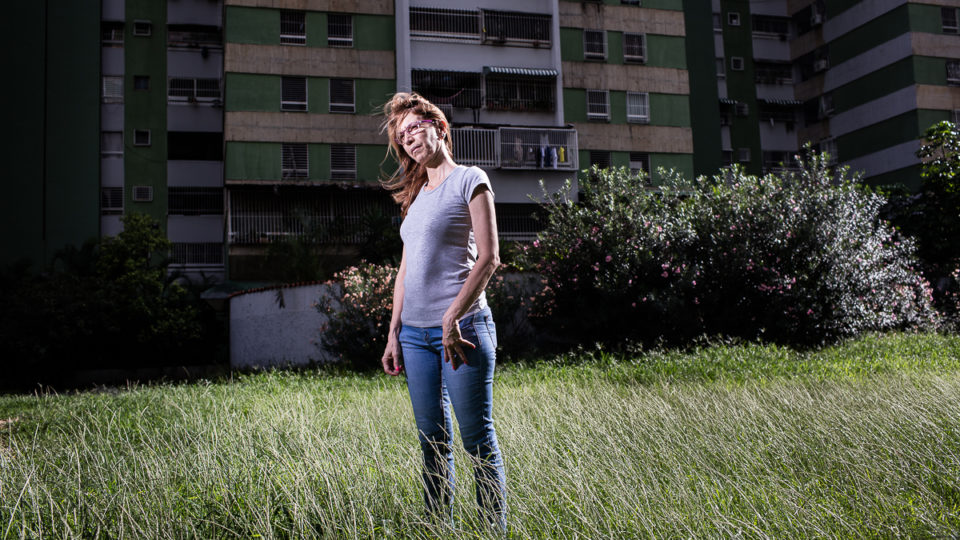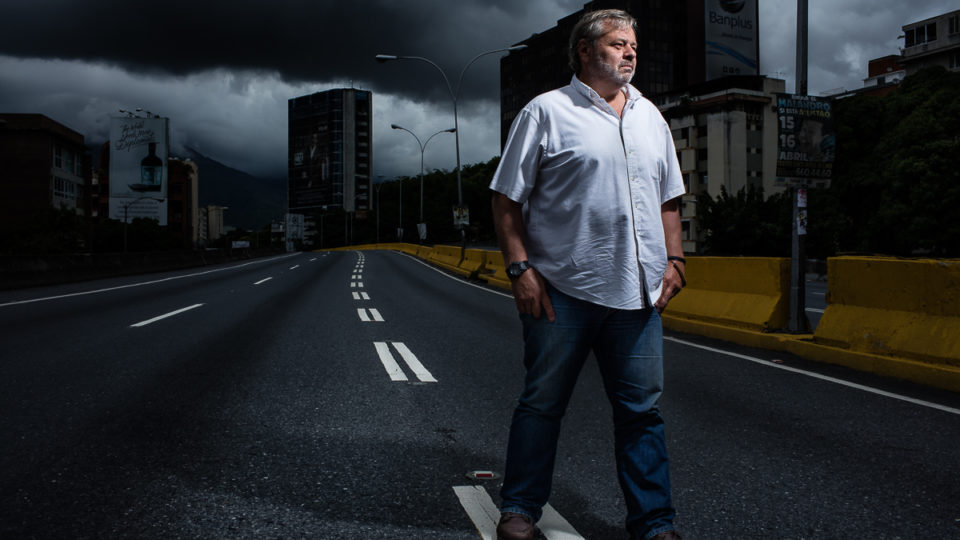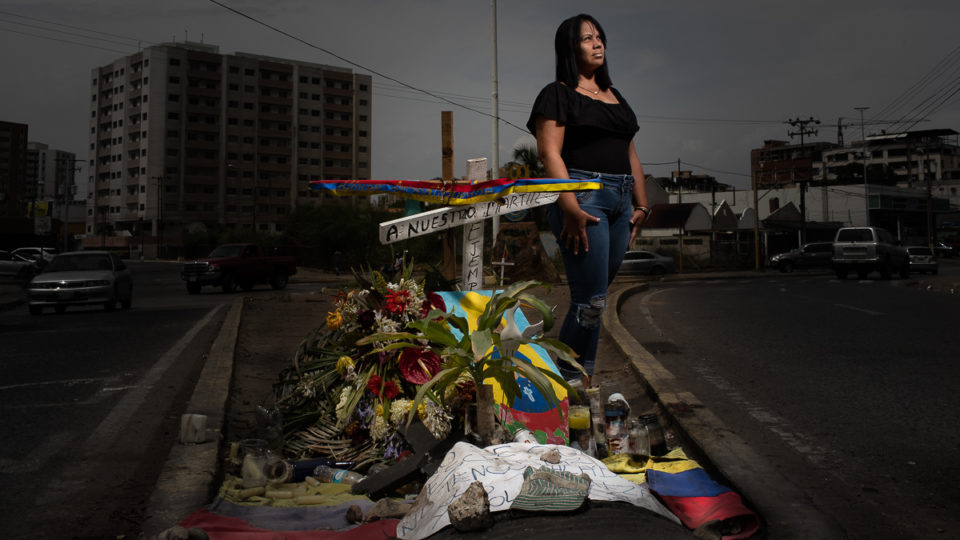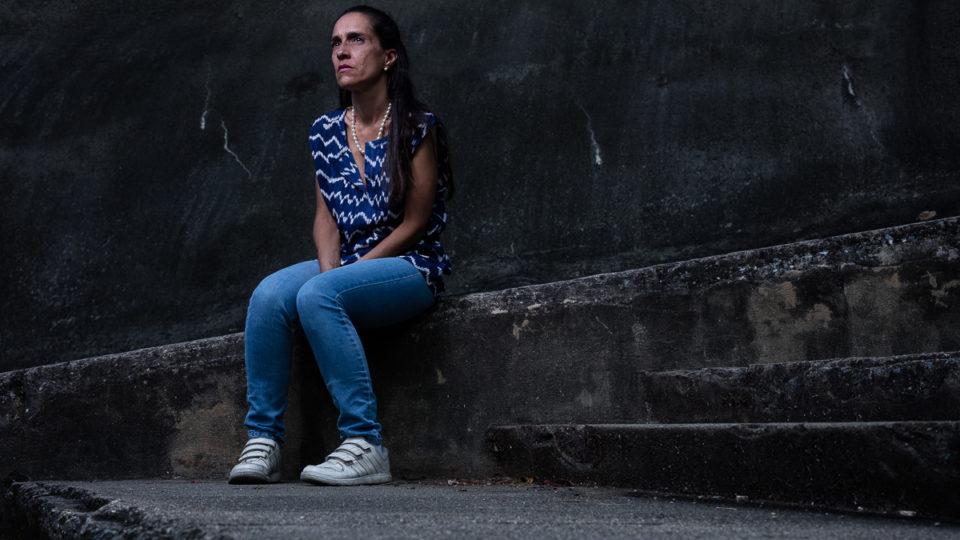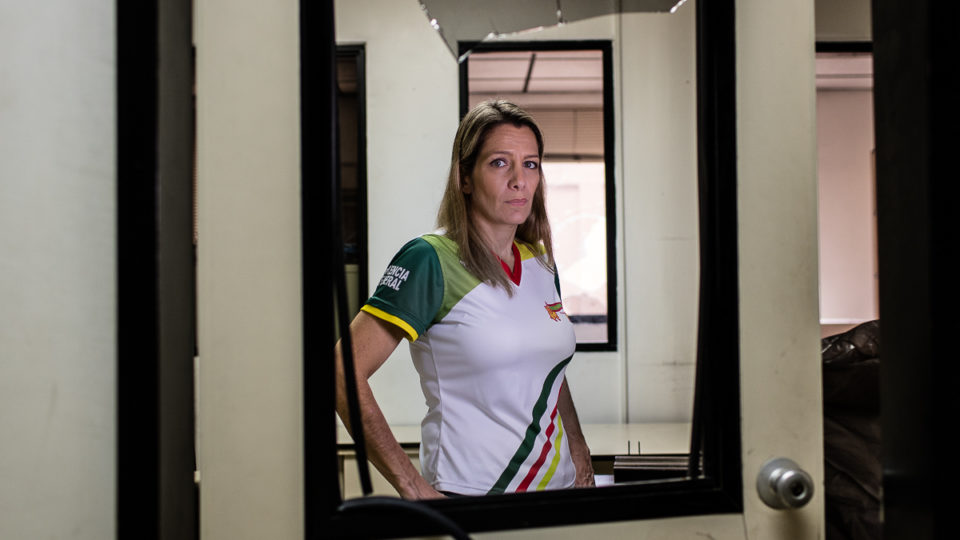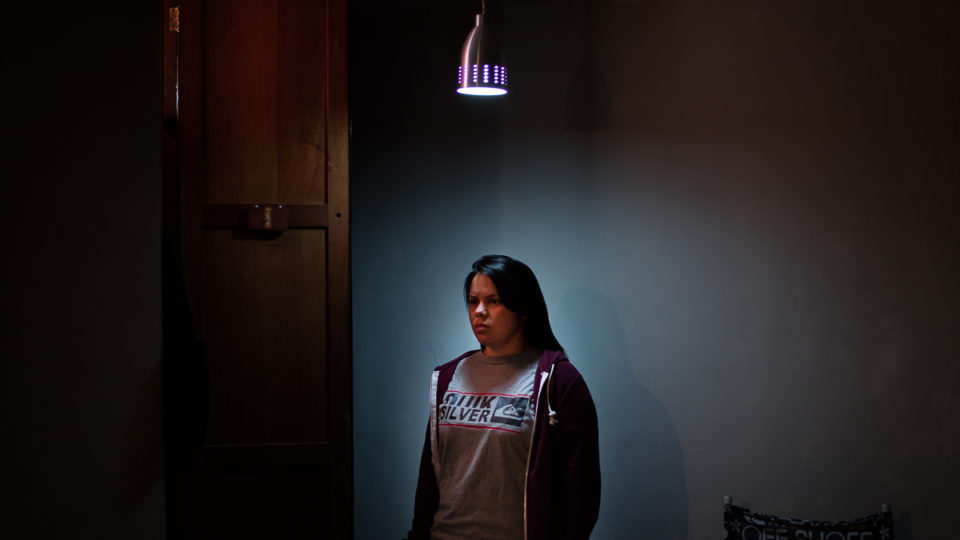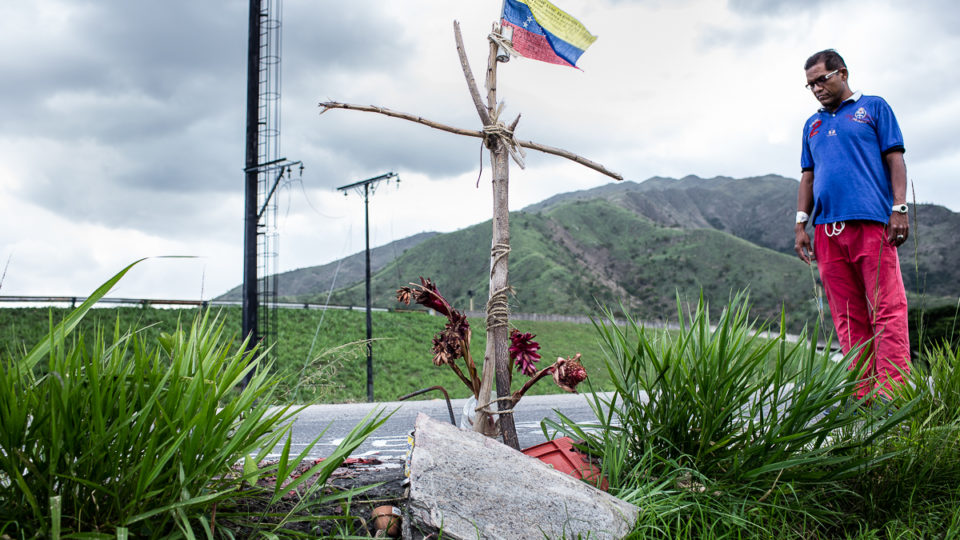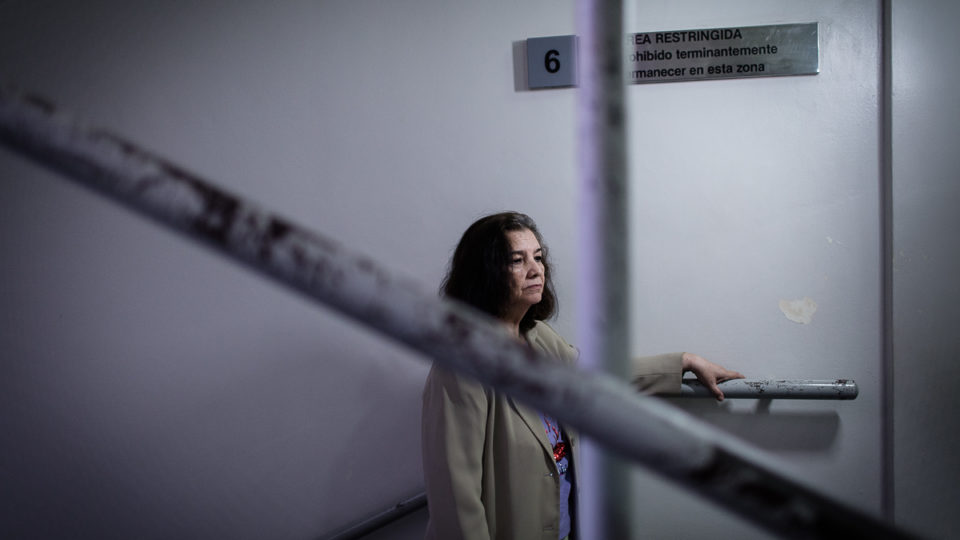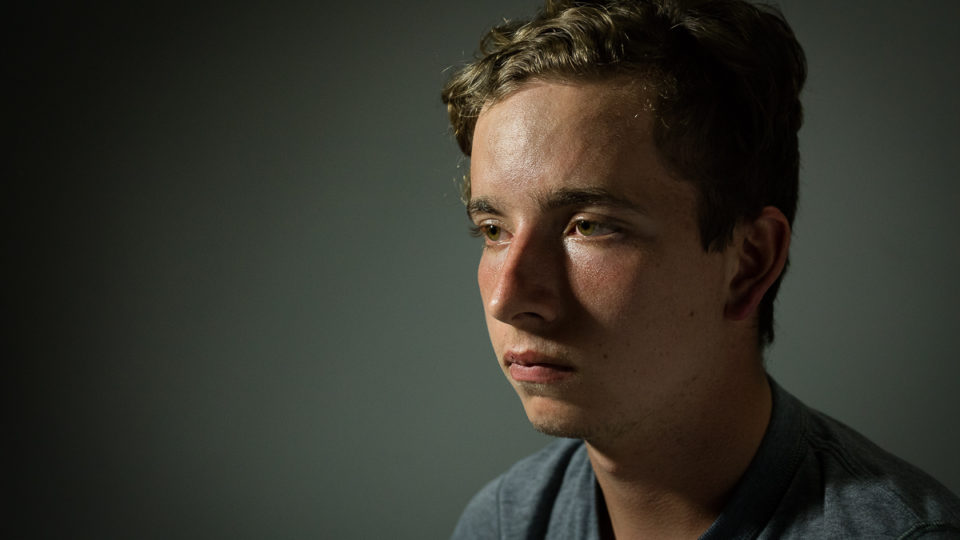Testimonies 2017
“Is it normal that I can’t feel my legs?”
Andrés Guinand
“I went to the 19 April march with my girlfriend and in-laws. We were on the Francisco Fajardo Highway, 300 meters away from the front line of the protest. The tear gas didn’t reach us.
Suddenly everyone starting turning back. The Bolivarian National Guard had reached us and all hell broke out. My girlfriend and I jumped two and a half meters down to an area between the Guaire river and the highway, and we got separated from her parents. The police was shooting tear gas at us from all directions. We were trapped there with other people, some of whom threw themselves on the ground and couldn’t breathe. The best option was to wade across the river. There were already people up to the waist in water who were making their way across. Everything looked calmer on the other side.
The Guaire river doesn’t smell of anything. The water feels like any other river water, but there’s trash on the riverbed. We were worried that we might step on a metal bar or something sharp. We reached the other side and my girlfriend fell over a couple of times while trying to get out because the shore was so steep. I saw someone else take their shoes off and get up that way. The seven of us that were there did the same thing and gave it a go.
I felt something hit me, a whistle that left me deaf for a few moments, and I fell on the embankment. I’m shot!, I managed to shout. A tear gas canister had hit my head. It bounced off my girlfriend’s back and fell into the water. No gas came out.
My girlfriend and William, who I’d never met till that moment and know nothing about still, sat me up and held onto me because I was slipping into the river. They asked me to stand up. “Get up ‘cause we’re getting you out of here!” I realized I could move my legs in the water but couldn’t feel them. I couldn’t coordinate them. It was impossible to get up.
While Wilbany and Darwin, highway paramedics, put a bandage on my head, put a neck brace on, and put me on a stretcher, and a ton of people from the march pulled on the rope on the count of three, the police attacked us again with tear gas, twice. Luckily they fell onto the embankment and the paramedics kicked them into the water.
—Is it normal that I can’t feel my legs?
—I’ll be honest: it’s not normal.
They took me up to the Rio de Janeiro avenue in Bello Monte, and from there they took me to a private clinic in an ambulance.
“The canister cut into your skull and caused a fracture. It squashed your brain so we’re going to operate.”
They opened up holes in my skull with a drill, bound them together, then took off and three away a piece of skull that was the size of a golf ball. The risk of infection because I’d crossed the river was the doctors’ biggest concern.
In six months, when the swelling in my skull’s completely gone down, they’ll do a scan and print the piece of skull I’m missing in a special material so they can operate again and put it back in.
My head hurts the whole time. It’s like a continual stabbing. I feel nauseous and can’t do anything that demands concentration. If I read, there comes a point when I have to shut my eyes and rest for twenty minutes. I can’t feel my left leg properly and my brain is swollen. I feel slow.
I don’t want to lump all the police in the same sack, but I want to believe that one shot the canister and that another told him: “you hit his head and almost killed him in the river; be more careful.”
I’m still wondering why they would shoot tear gas at people that are trying to escape through the river, where gas doesn’t even work.
What were they trying to do?
I can’t go to protests, but even though my great uncle, who’s 80, was also hit in the head by a gas canister, my whole family keeps protesting. Now they wear helmets.”
Andrés Guinand, 28, architect
